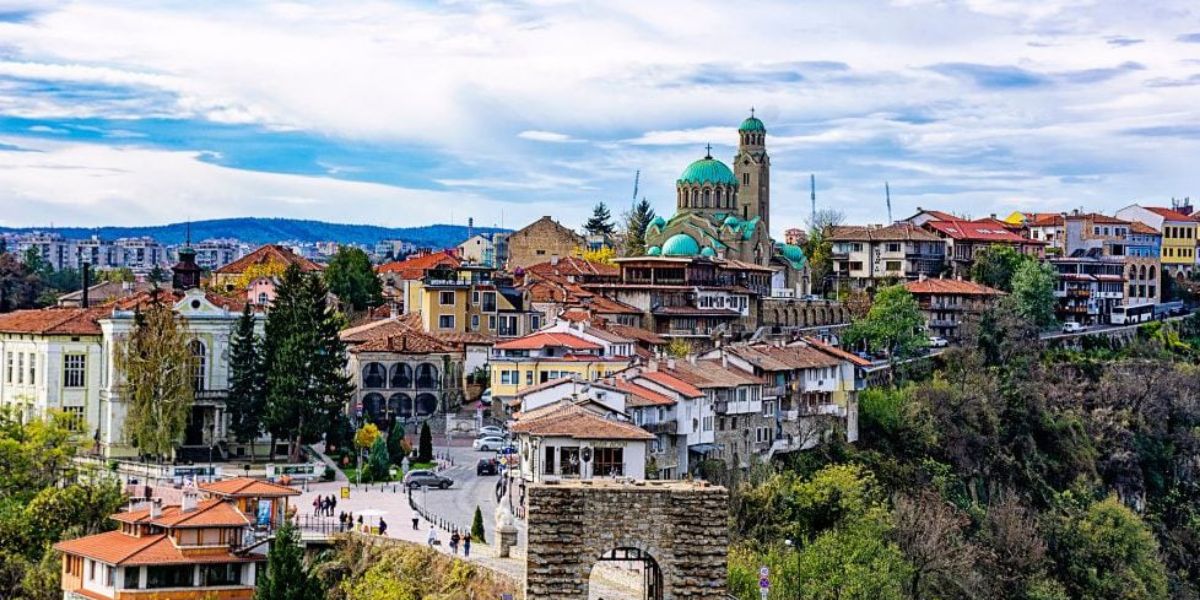Bulgaria provides tourists with an assortment of activities from Sunny Beach to the spectacular Alexander Nevsky Cathedral. Rila Monastery, is picturesque, as are the views from Pamporovo, a popular ski resort.
Travelling to Bulgaria
Bulgaria is viably accessible from the United Kingdom by either airplane or substantially longer train and car rides.
Travelling from London to Sofia, Bulgaria’s capital, will take around between three and five hours, on average, with stop times reflective of your overall journey time.
Driving will see your journey time extend to 26 hours, while transport by train will see this increase further to well over 48 hours and possibly into a third day.
If you are unsure as how to manage your medication schedule, you should discuss a plan with your diabetes team.
Time zone
Bulgaria is two hours ahead of British Summer Time and three hours ahead of Greenwich Mean time, which should not require major adjustments to your diabetes management.
However, if you are unsure regarding your medication, it is best to discuss a plan with your diabetes specialist.
Climate
Bulgaria has a very similar climate to the UK, except summers have a tendency to be slightly warmer and winters marginally colder.
Warm weather can lead to enhanced insulin absorption following physical activity so patients on insulin should regularly check blood sugar levels.
Currency
The currency in Bulgaria is the Bulgarian Lev. Travellers cheques can carry up to eight per cent charges, so may not be best used, while some money exchanges will only advertise the “sell price”.
This can look good, but result in a lower rate upon exchanging your money.
Vaccinations
There are no mandatory vaccinations required to enter Bulgaria, but it is recommended for most travellers to receive vaccination for hepatitis A, which can be contracted through contaminated food and water.
Rabies can be found in dogs, bats and other mammals in Bulgaria. This is not a major risk for travellers, but vaccination is advised for people who will be working with or around animals, children, or those planning activities in remote regions that put them at risk of animal bites.
If you believe you may require these vaccines then you should consult your doctor at least eight weeks before travelling which should allow enough time for you to receive them.
Otherwise, the opportunity should be taken to ensure existing vaccinations such as your yearly flu jab and those against polio and tetanus are also up to date.
Have you got a European Health Insurance Card (EHIC)?
Bulgaria is amongst the European countries that allow you to receive state healthcare either at a reduced cost or sometimes for free. It will cover you for medical treatment until you return to the UK.
It is best to apply for an EHIC card directly through the NHS. Your card will usually arrive within seven days if you have applied through the NHS, but it is best to apply two weeks in advance to allow for any delays.
Medication
Medication is available in Bulgaria, but payment is required from a pharmacy Possessing an EHIC card, however, allows you to receive treatment at a lesser cost and this money can be recouped when you get back into the UK.
Emergency number
Blood and urine testing kits are available from many pharmacies in Bulgaria, while the emergency services telephone number in Bulgaria is 150.
It is advisable to contact the manufacturing company of your medication prior to leaving the UK to find out what is available in Bulgaria if your medication gets lost, stolen or damaged. It is also worth checking to see what different names your medication may be listed as.
Insulin
You should note which syringes are available in Bulgaria, with U-40 syringes the most commonly used.
The vast majority of insulin in the UK is U-100 insulin. If you need to take a different strength of insulin , say in an emergency, it’s important that you use the correct device and syringes for that insulin.
For example, you would use a U-40 syringe for U-40 insulin. You will need to work with a doctor getting the right dose if you’re using a different form of insulin.
Diabetes associations
It is important to note the diabetes associations in the country you are travelling to in case of an emergency
There are two diabetic associations in Bulgaria that can be contacted for information prior to your stay. The addresses of these associations are:
Bulgarian Diabetes Association (a member of the International Diabetes Federation (IDF) since 2011),
Podpolkovnik Kalitin street bl 20,
Sofia 1233,
Bulgaria
Tel: +359-2-9310779
Email: [email protected]- Bulgarian Society of Endocrinology (a member of IDF since 1994),
2 Zdrave street,
1431 Sofia,
Bulgaria
Tel: +359-2- 8956220
Email: [email protected]
Questions
- How is blood glucose measured in Bulgaria? Unfortunately, we do not have the information of whether blood glucose is measured in mg/dl or mmol/l in Bulgaria
- What language is spoken in Bulgaria? Bulgarian is the official language, but English, French, German and Russian are widely spoken.
- Will I need an international driving license when driving in Bulgaria? Yes
- If I want to hire a vehicle during my visit, will I face any form of discrimination? No
- What sugar free drinks are available in Bulgaria? Diet soft drinks with aspartame or saccharin.



